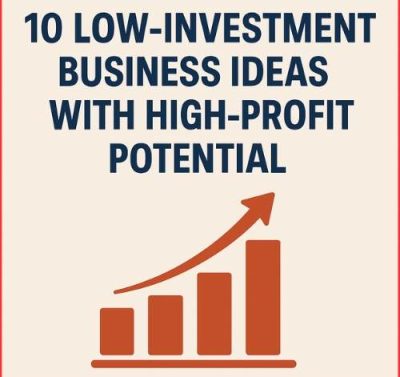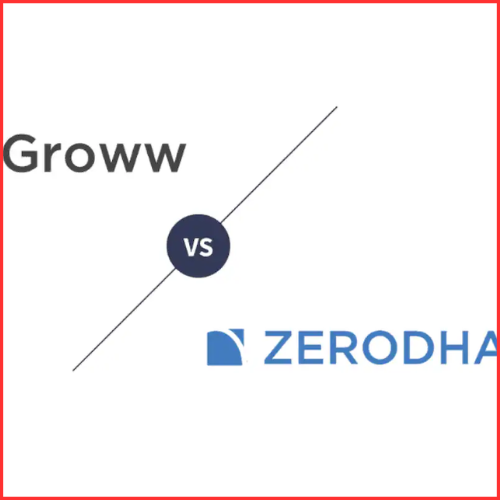The millennials and the previous generation know the charm of a simple text message that was later coupled with cool emojis in the qwerty keypads on our phones, so in this story, we will explore how Whatsapp changed the system of messaging and media sharing. Back then phones were just phones and a call with a text message seemed so seamless. But times evolve and we are prone to changes that shape the trajectory of our future.
Our simple phones evolved into smartphones with bigger and clearer displays along with a high-resolution cameras. It seemed that we were suddenly facing uncharted terrains. Text messages changed into mobile applications that were run by the internet which was provided by the data plan of our telecom services.
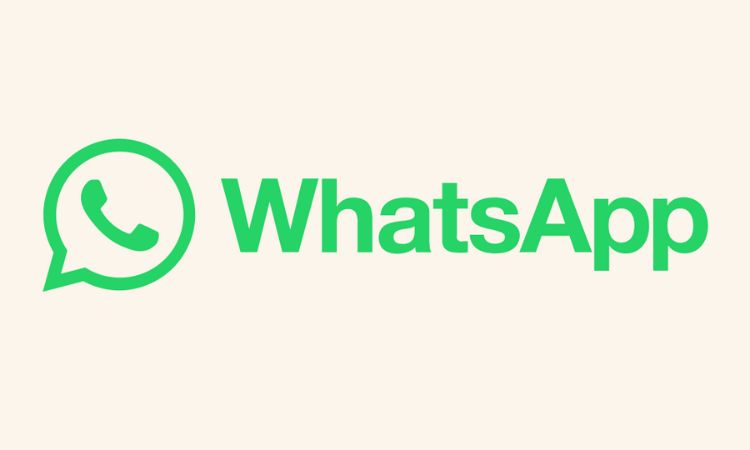
The internet learned itself to be interactive and so did we with the ease of exchange of almost every form of digital document like pictures, video, voice messages, and even telephonic calls using our mobile data plan. It was during this time we all were introduced to Whatsapp and our lives changed.
Whatsapp just had about 50 employees and a stellar service to compete with bigger companies like Facebook, WeChat, Line, Kik Messenger, and many others. The journey of Whatsapp is very interesting because the founders did not drop out of college and were about in their thirties doing a full-time job that paid decently.
At that time, an instant messaging mobile application was the need of the hour and it came with encryption along with push alert notification features. It has been more than 10 years and Whatsapp is still making profits and does not include any ads or games or any other marketing campaigns.
What is Whatsapp?
WhatsApp is a free, centralized platform for instant messaging that has a service like a voice-over-IP and is operational globally. Whatsapp Messenger is now owned by Meta and has the ability to send and receive text messages, voice notes, videos, images and video calling and telephonic calls, and many other features.
Whatsapp requires a user to have a mobile phone number and can be used both on smartphones and a computing device using the same mobile number. The most contributing factor of Whatsapp is that a user can exchange messages and also telephonic calls with just an internet connection that is active while using the application.
Whatsapp is free to use and can even make international calls using an internet connection. There is no subscription fee for signing into Whatsapp. The cross-platform potential of Whatsapp cannot be matched by other similar applications.
Some of the most important features of Whatsapp are end-to-end encryption that allows only the users to communicate with one another to receive their own information and notifications. Users can exchange recorded voice messages and send that to either a single person or to a group, consisting of more than one person.
Users can even do video calls and also enable a group mode, where up to eight users can participate in the call. Such services that are free and require just an internet connection are truly remarkable.
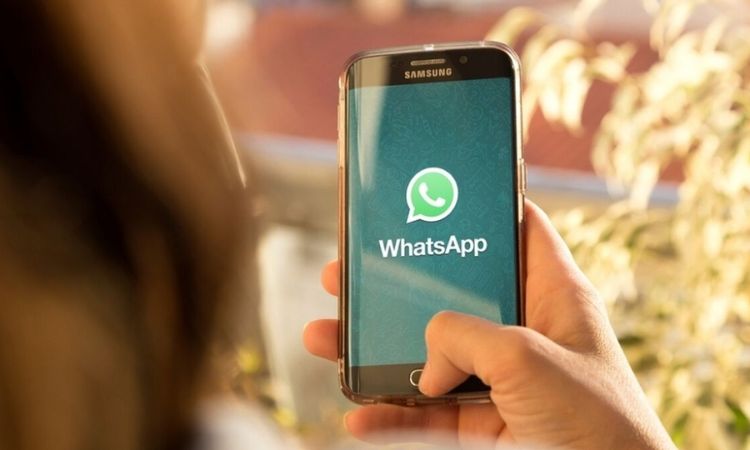
The document-sharing capabilities of Whatsapp allow its users to share spreadsheets, pdf and Word documents, slideshows, and many more. While sharing photos, videos, GIFs, and emojis, users can rely on the network of Whatsapp to ensure the quality of the file and not be distorted.
The application of Whatsapp is present both on PC and on MAC OS. The business account provided by Whatsapp allows its users to facilitate a smooth operation of the business like promoting products, communicating with the customers, and even receiving payments from them in the app itself.
The process of using Whatsapp includes downloading the application from the Google Play Store or Apple App Store. Then after installing Whatsapp, the mobile number should be put in order to sign up for an account. Since Whatsapp does not require any specific username and works around a mobile number, a user can view all his pre-existing contacts already in the Whatsapp account for those who are using the application.
After getting to know the application, the user can avail of the services of Whatsapp without any hassle.
The Business Model of Whatsapp-
The instant messaging system is similar to a chat on the internet where users send texts instantly online or through any other network. The messages are being sent to another user or to a group who are all present in a similar network.
The system of instant messaging differs from that of email. In instant messaging, both parties can receive messages in real-time and can reply to that messages instantly. Most of the systems that facilitate instant messaging use push technology and can provide several features like sharing files, stickers, video chat, and many others.
A pivotal factor for messaging is that businesses want to save time on any tasks and instant messaging is very efficient and hassle-free in maintaining strong customer service. When handling a customer over the telephone or in-person deserves both parties to be interactive at the same time.
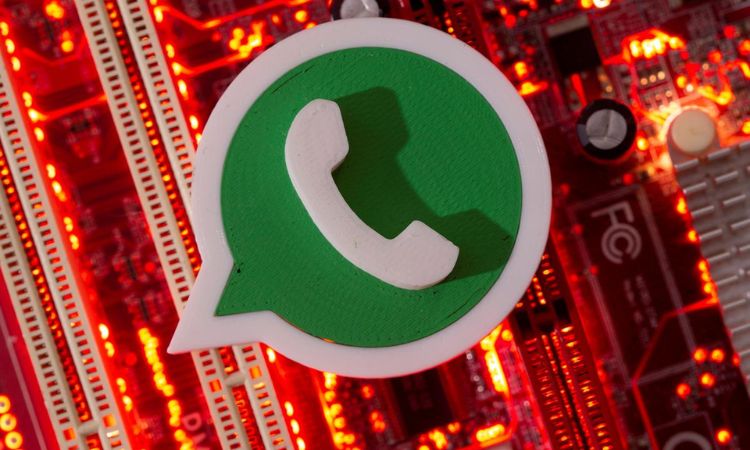
Only one customer can be dealt with at one time. And when it comes to email, the process is rather steady but slow as a reply back from the person is very crucial in a time-bound query. But for instant messaging, a case can be handled with much ease without invading anyone else’s current tasks.
The mobile texting facility is only confined to Facebook and Whatsapp for most parts of the globe. Reports suggest that more than 2.5 billion people use these platforms and in some places, about 90% of the market share is taken by Facebook and Whatsapp. Over time, several other platforms have emerged in the market and have tried to compete with Facebook (Now Meta) and Whatsapp.
Whatsapp has a user count of about 150 million. When considering other platforms, applications like Telegram along with Viber have been popular in regions like Africa, the Middle East along with South America. In India, Facebook and Whatsapp have been the strongest platforms and are continuing to grow in popularity.
The tagline of Whatsapp is ‘Simple, Secure and Reliable Messaging’.
The Journey of Whatsapp-
In 2009, Jan Koum and Brian Acton introduced Whatsapp to the world. Being formal employees of Yahoo, Jan, and Brian believed in the urgency of an instant messaging mobile application. Jan Koum, the co-founder of Whatsapp was responsible for setting the company’s direction and strategic actions. Jan also created the design and interface of the platform of Whatsapp along with the primary technology and the key infrastructure along with his co-founder Brian Acton. Jan Koum relocated to California from Ukraine in 1992.
Brian Acton, co-founder of Whatsapp has been an impeccable software developer. Brian is from Silicon Valley with indispensable expertise from companies like Yahoo, Apple, and also Adobe. In 2009 after co-founding Whatsapp with Jan, Brian helped the company gain about a billion users from around the world. Brian also completed his studies at Stanford University.
Jan Koum bought an iPhone in 2009 and noticed the incredible potential of the then Appstore, which was released recently. He approached Alex Fishman after discussing the idea with Brian. An iOS developer was needed to make this app come to life and Alex referred Jan to Igor Solomennikov, a Russian coder that Alex met through RentACoder.com.
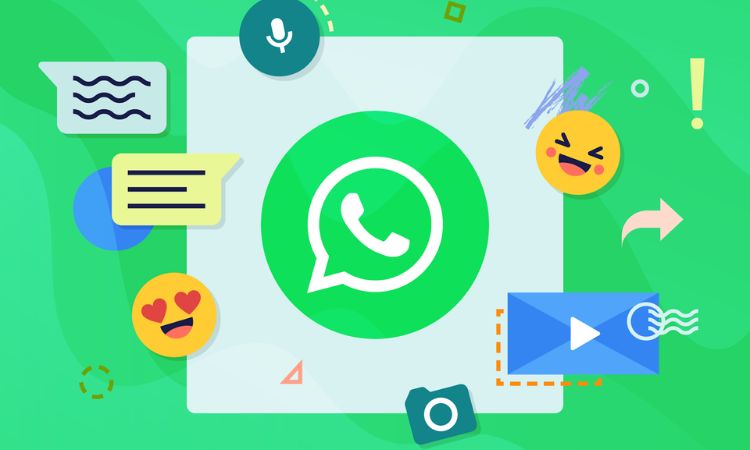
There were multiple difficulties but Jan finally launched WhatsApp.Inc. in California in 2009. Whatsapp or rather ‘what’s up’ was a means to start a conversation with the help of emerging technologies in the smartphone software industry. At first, the app used to crash a lot and drain the battery of the phone. When Jan’s app was introduced to his friends many did not like it which was disheartening for Jan.
In June 2009, Apple launched a push alert notification for its users and Jan used this update to modify WhatsApp, where users can get notified when their status is changed. Following this Alex with his friends started conversations with each other with the help of status changes like ‘Just woke up’ or ‘I am in the office’. Soon this became a form of communication with each other.
Whatsapp 2.0 was then released and people found it amazing to send instant text messages to one another and do not need for the SMS plan of the mobile operators. With just a phone and an internet connection, signing up on WhatsApp was free and seamless.
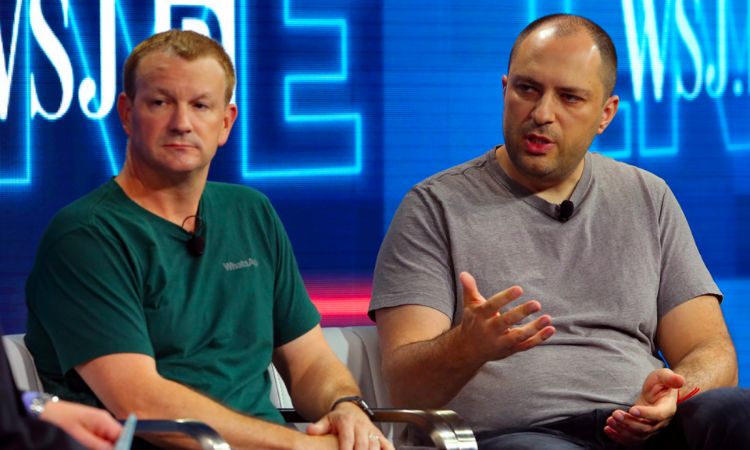
The truest vision for Whatsapp is to allow people to communicate with one another without any hassle and this is the sole reason for the company to be operational till now. Whatsapp charges a fee for businesses to manage their operations. Earlier it was set by the company to make Whatsapp chargeable. But that plan was dropped in order to keep the company the market leader as it is. There were speculations that the user count might drop if Whatsapp starts charging their customers for using an account.
In 2018 the business API was created for Whatsapp and a means to commercialize the company was strategized. The future of Whatsapp looks more bright as the Facebook-owned company is planning to make more updates on the platform. Reports suggest that users might be able to sketch on the screen using digital tools. The company has about 1.5 billion users from about 180 countries and already Whatsapp has been able to disrupt the SMS and MMS section of the telecom carriers.
Innovation will keep on moving ahead and it is up to us to embrace it. There is no time for prejudices or biased attitudes regarding any pros and cons of technology. Any technology created should be for the sustainability of mankind. The goal of research and technological advancements will always be to strive for perfection and to consider the welfare of human civilization.
Frequently Asked Questions-
- What is WhatsApp?
Ans– Whatsapp is an instant messaging platform that is completely free to use and needs just a mobile phone number. It has the feature to exchange pictures, videos, and documents along with making telephonic calls and video calls.
- Who founded WhatsApp?
Ans– Whatsapp was built in 2009 by Jan Koum and Brian Acton.
- Which companies compete with WhatsApp?
Ans– Some of the competitors of WhatsApp are iMessage, Telegram, WeChat, Line, Viber, and many others.
4. Is Mark Zuckerberg the owner of WhatsApp now?
Ans- Mark Zuckerberg bought WhatsApp for $19 billion in 2014, and it has contributed pennies by comparison. It’s astonishing that eight years after Zuckerberg made the acquisition, he has yet to turn WhatsApp into a remotely viable business.
5. Why did Mark Zuckerberg buy WhatsApp?
Ans- The issue was that, according to growing evidence from antitrust regulators like the US Federal Trade Commission, Mark Zuckerberg‘s principal reason for first purchasing WhatsApp was to ward it off as a competitive threat.
*All of the above images are taken from Google.






